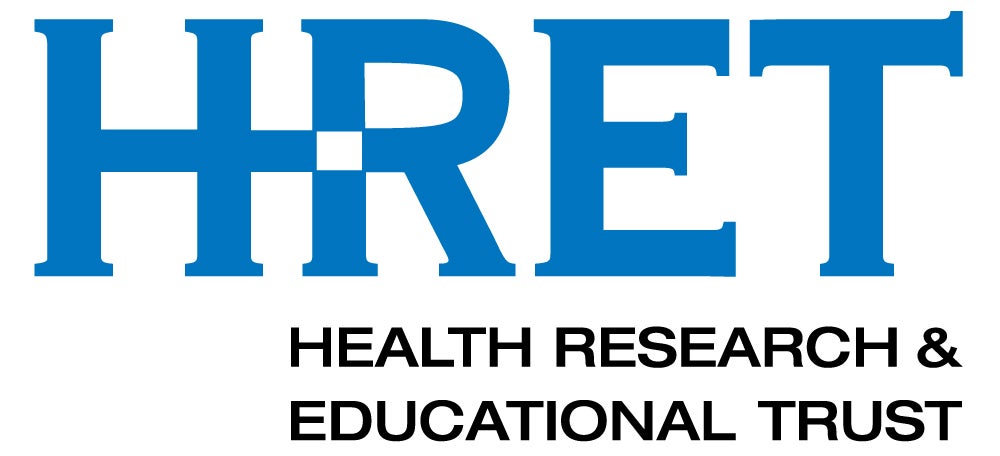
Health Research & Educational Trust

Transforming Health Care Through Research and Education
Founded in 1944, the Health Research & Educational Trust (HRET) is the not-for-profit research and education affiliate of the American Hospital Association (AHA). HRET’s mission is to transform health care through research and education. HRET’s applied research seeks to create new knowledge, tools and assistance in improving the delivery of health care by providers and practitioners within the communities they serve.

AHA Funded Partnerships
The work of AHA Funded Partnerships augments support of the nation’s hospitals and health systems and the patients and communities they serve through grant-funded work.


